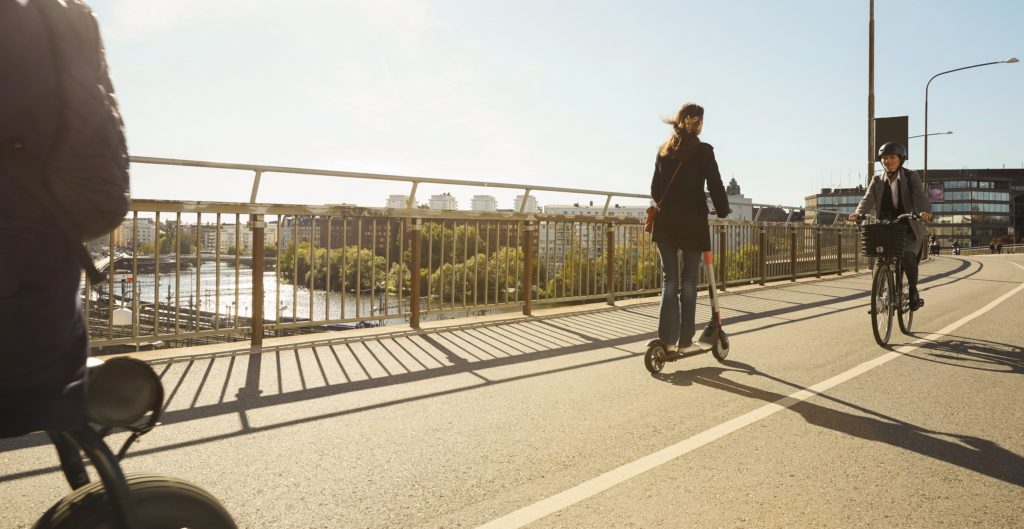Micromobility provides opportunities as commuters return to work
12 May 2020

12 May 2020
E-scooters could become a highly popular alternative to public transport and mobility services as commuters look for a more ′risk-free’ commute during the coronavirus (COVID-19) pandemic.
As lockdowns slowly ease, employees are make their way back to work in offices and factories around the world, the issue of public transport and social-distancing is a particular concern for both commuters and governments. Buses, taxis and trains cannot easily adopt social-distancing guidelines, making them a potential hot-bed for COVID-19 infection.
As an example of the potential of e-scooters, the UK is to amend its ban on the vehicles, opening up trials from four locations to now cover the whole country. Following concerns over their use on roads, with several deaths blamed on the technology, in March, the Department for Transport (DfT) announced a trial in four locations for 2021 to evaluate how they can be adopted safely.
As part of a post-coronavirus transport plan, however, transport minister Grant Shapps stated that trials would be brought forward to this year, and offered to all local areas rather than just the original four. This will allow the UK Government to assess the benefits of the technology as well as its impact on public spaces. The decision means e-scooters could be seen on UK roads as early as June.
Andy Street, Mayor of the West Midlands, one of the original four locations announced for the trial, commented: ′This move will help bring more flexibility, choice, and greener travel solutions for the region, at a time when we are facing a climate emergency and urging people to leave the car at home.
′We will also use the trial to look at the current transport challenges the coronavirus pandemic has presented us with and explore how e-scooters could be used to help tackle them.’
Investment opportunity
E-scooters offer commuters a convenient opportunity to travel with minimal effort. With mobility services likely to suffer in a post-coronavirus world, providers of these schemes are looking for new ways to build and retain their customer base.
Uber is leading a $170 million (€158 million) investment round in e-scooter provider Lime, with participation from Google parent company Alphabet (also owners of Waymo), Bain Capital Ventures, GV and other existing and new partners.
As part of the investment, Lime has acquired fellow e-scooter and e-bike provider JUMP’s business operations and will further expand its mobile app integration with Uber.
The announcement means that ′riders around the world will have even more integrated micromobility options at their fingertips, making car-free travel easier than ever before,’ the company said. ′In almost all markets where Lime and Uber operate, users will be able to turn to both the Lime and Uber app to unlock products and services.’
′Lime has the operational expertise and undivided focus needed to build a scaled, sustainable micromobility business,’ said Dara Khosrowshahi, CEO of Uber. ′We’re glad that our customers will continue to have access to bikes and scooters in both our apps because we believe micromobility is a critical part of the urban landscape, now more than ever.’